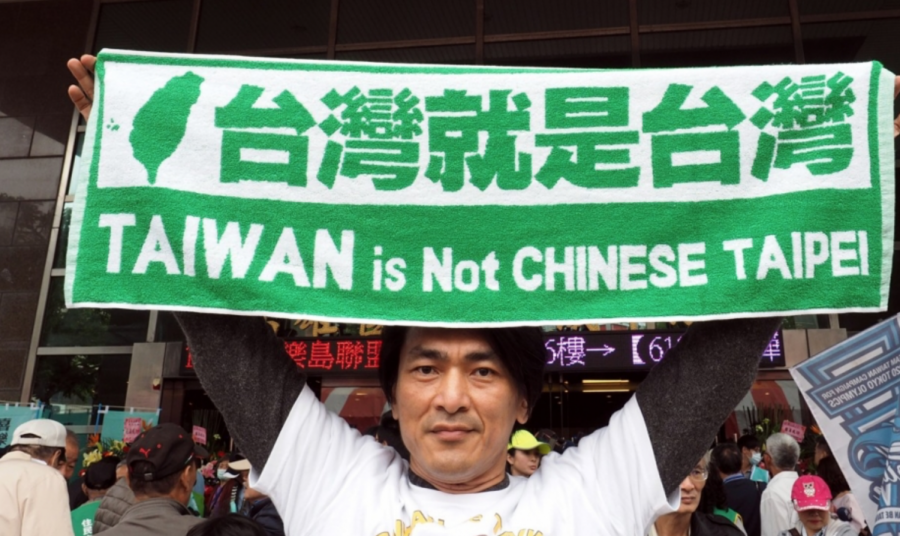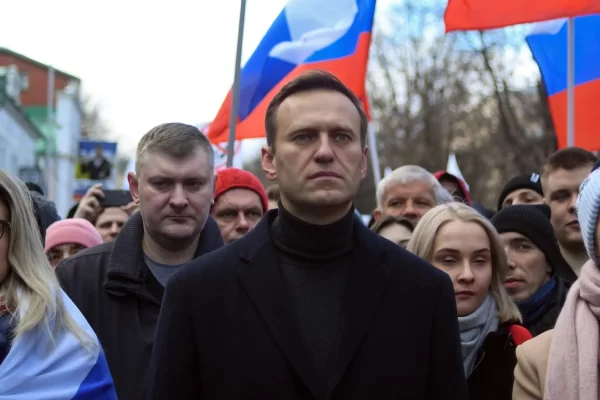Taiwan 2020?
Taiwan ultimately takes another loss, as they will not be changing their name in the next Olympics.
January 23, 2019
Taiwan’s Democratic Progressive Party suffered major losses in the midterm elections on November 24, 2018. As part of the elections, multiple referendums were held, ranging from topics of gay marriage to the Olympics, which was a particularly big topic that split the Taiwanese voters. After catching wind of this, China immediately spoke out in opposition to this request, and the International Olympics Committee (IOC) backed them.
Taiwanese athletes are conflicted by this situation. On one hand, changing the team name will allow them to truly represent their country and pave the way for more international rights for the island’s future. However, they risk the high chance of getting banned from the Olympics and not getting to compete at all. “We are the sole [International Olympics Committee] member banned from using our own country’s name,” said Chi Cheng, a 1968 Olympics bronze medalist who is advocating for the change in name. “We are the only member who cannot sing our national anthem and fly our national flag. We are the only one. This shows how seriously China is suppressing us.”
Wayne Chan (12) is Taiwanese-American and has lived in Taipei for a couple of years in his childhood. He, along with his family, identifies with the Democratic Progressive Party, the party of the current president. In his opinion, the only way for Taiwan to be heard is to make a bold move. “For decades now, the Taiwanese spirit has not been able to shine through at the Olympics because of Chinese pettiness that blocks us from expressing our pride,” he says. “It is time for change, and change can be accomplished if the U.S. protects this tiny democratic island from its tyrannical counterpart, just like they promised to do in the past.”
The referendum was ultimately voted down by a 55%-45% majority, showing that Taiwanese voters wanted to play it safe and not risk jeopardizing their participation in the next Olympics (Asia Times).





















